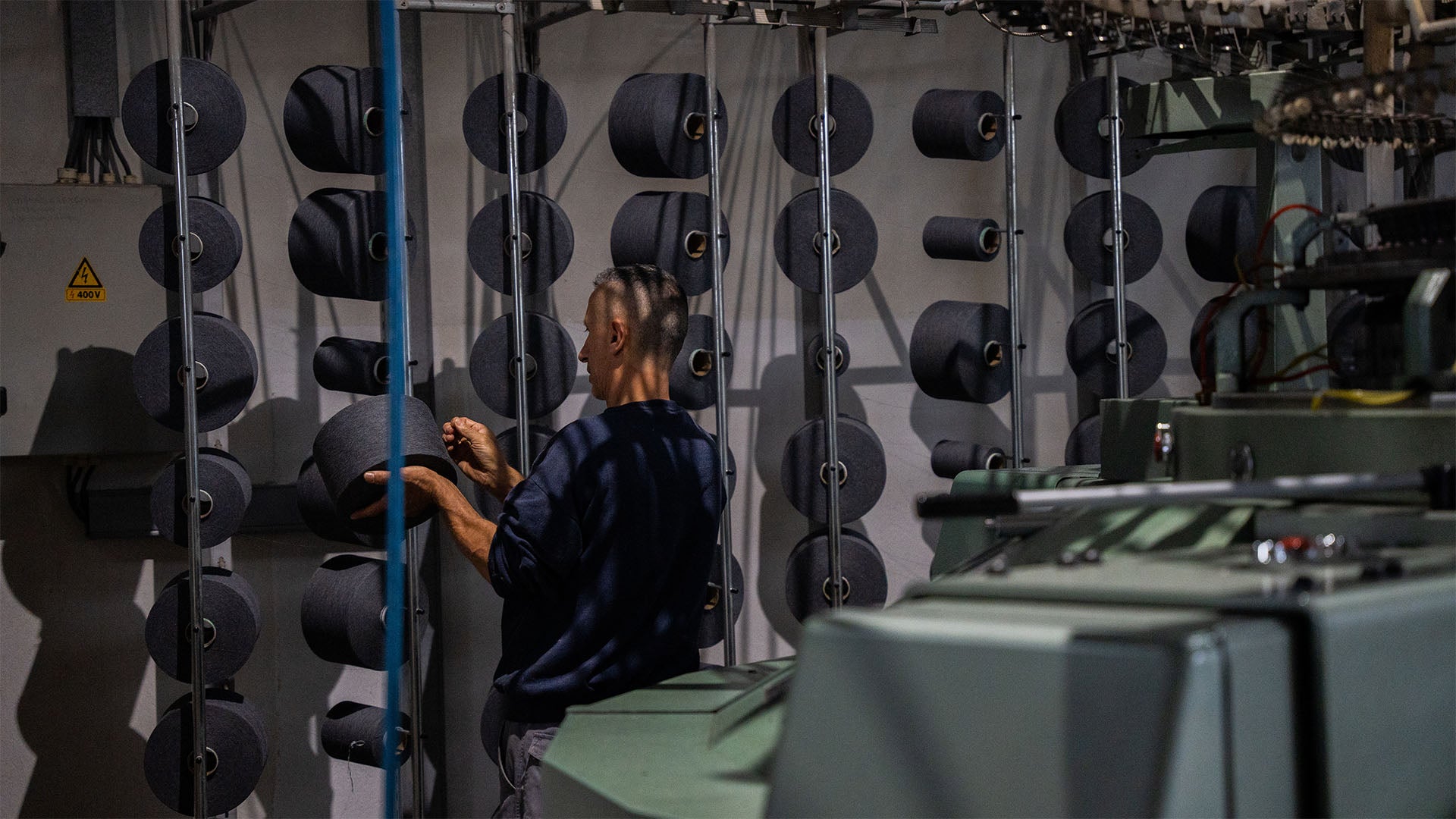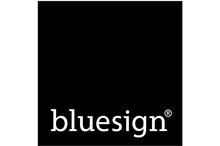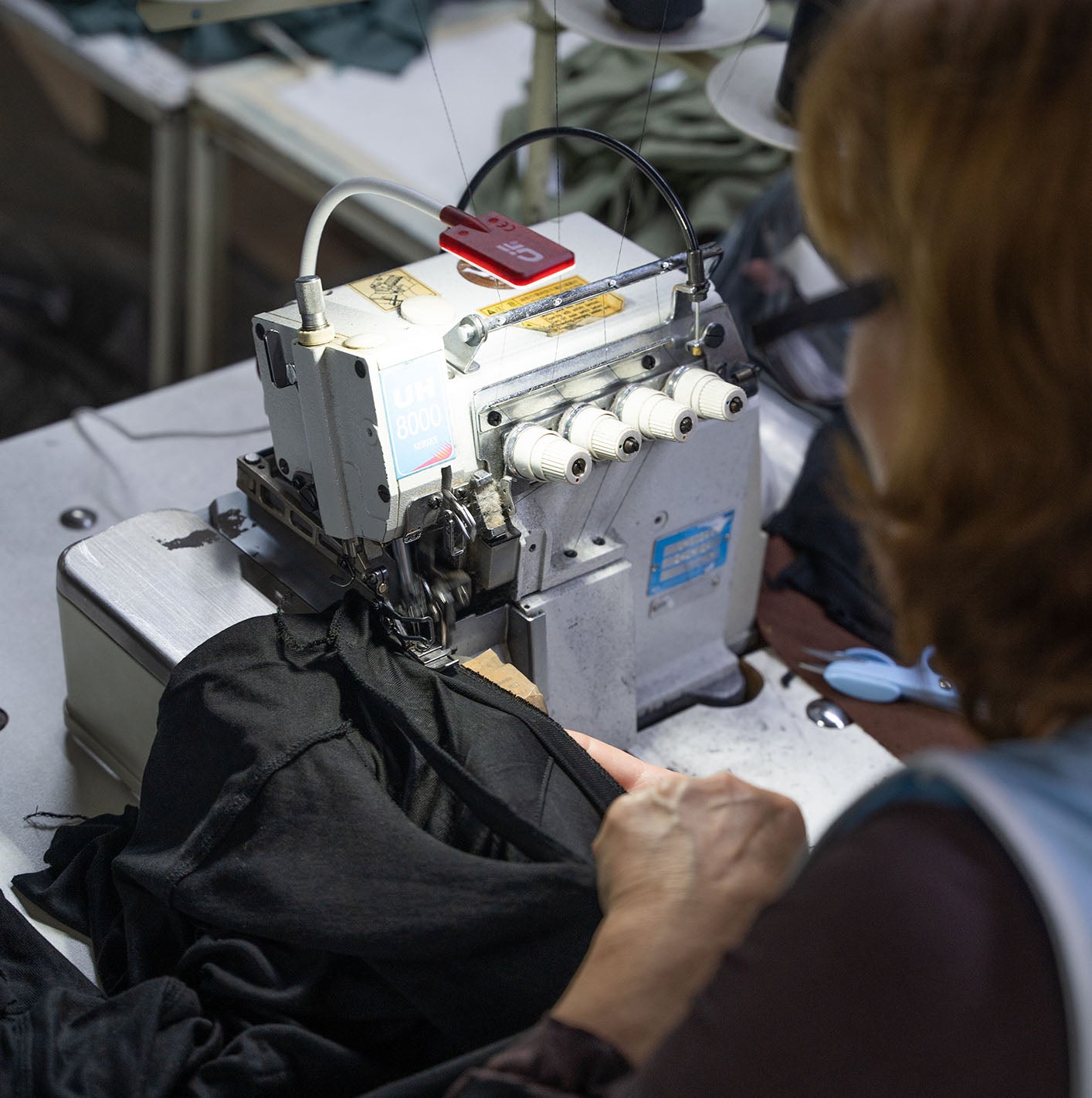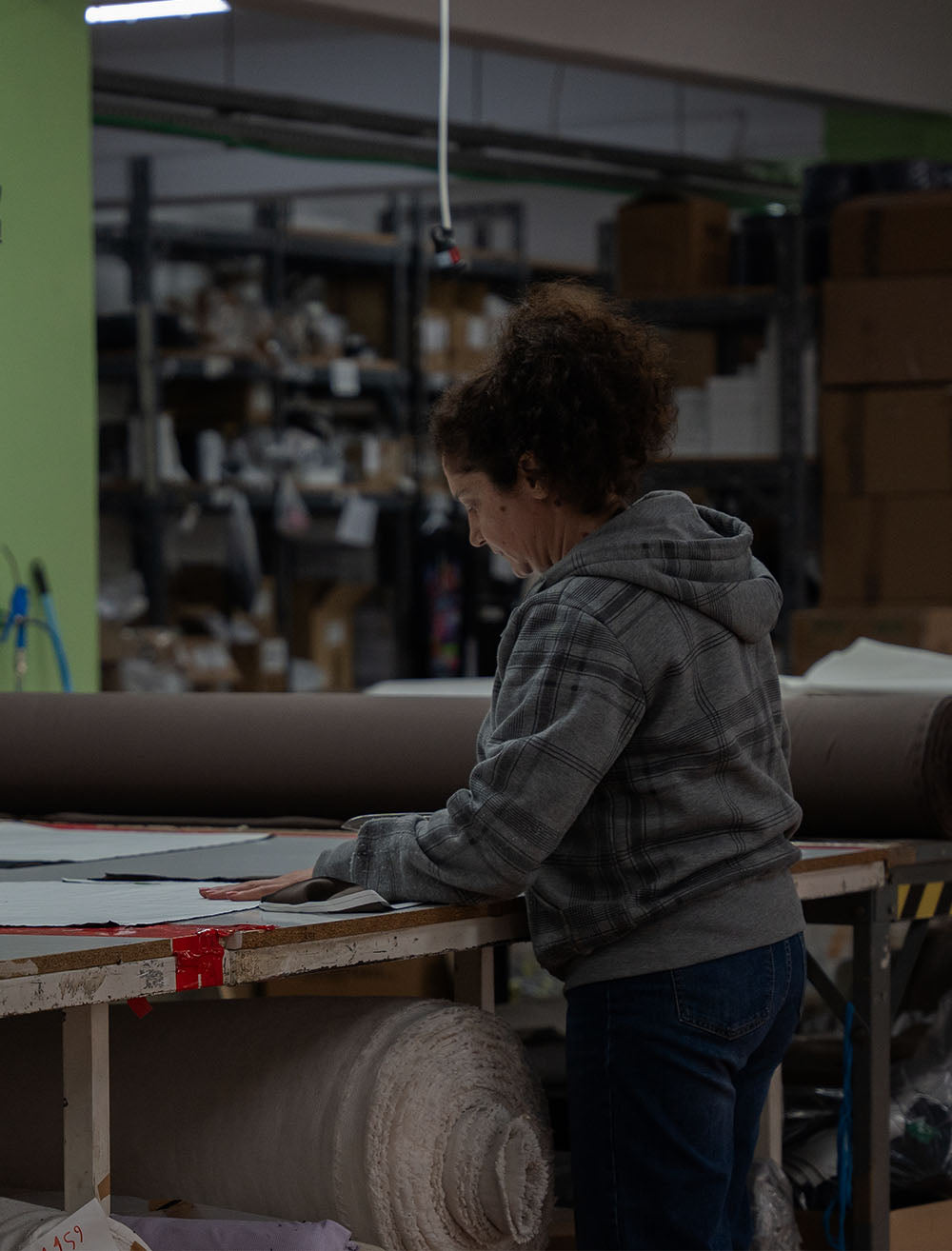Traceability and Transparency
We at Boldwill believe that it is important to provide full visibility into every stage of our production process, from material sourcing to the final garment. This doesn’t only allow us to demonstrate that our supply chain adheres to our high ethical and sustainability standards. But it also shows the story behind our products.
1. Design and Development: All our products are designed and developed in The Netherlands. This is all done in house by our design team.
2. Primary Stage: The TENCEL™ fibers used in our products are sourced from Lenzing in Austria (EU Ecolabel, FSC®, and PEFC™ certified). The organic cotton used in our products are sourced from Greece and Turkey and certified to the Global Organic Textile Standard (GOTS). The hemp used in our products are sourced from Lithuania. The natural rubber used in our products are sourced from Malaysia and is FSC® certified. The CREORA™ fibers are sourced from South Korea.
3. Second Stage: The fabrics used for about 80% of our apparel are produced in Greece. The remaining 20% of the fabrics are produced in Turkey. The fabrics that are used for our accessories are produced in Spain, Lithuania and Turkey. All of these facilities have their production processes GOTS certified for our fabrics.
4. Final Stage: All our apparel is cut, sewn, and finished in Greece and North Macedonia at our GOTS and SMETA certified factory, ensuring fair labor conditions and environmentally responsible practices. This is the same manufacturer with two production facilities and the same production standards for both.
Assurance
We prioritize long-term relationships with our suppliers to provide financial stability and build a strong relationship. This not only strengthens our partnerships but also empowers suppliers to consistently uphold ethical labor practices.
We believe that maintaining close relationships with our suppliers is essential. To achieve this, we hold face-to-face meetings multiple times a year, fostering open communication and collaboration to ensure alignment with our values.
To uphold the highest labor standards, we take a proactive approach by annually auditing our suppliers ourselves using our dedicated Code of Conduct. For the final stage, we audit 100% of our partners. This ensures they meet our strict expectations for ethical practices. Besides that, our suppliers undergo regular third-party audits through globally recognized frameworks, such as the Global Organic Textile Standard (GOTS) and SMETA (Sedex Members Ethical Trade Audit). These independent assessments further confirm compliance with stringent ethical guidelines.
Additionally, our practices align with the principles of the Ethical Trading Initiative (ETI), which sets a robust benchmark for ethical labor practices, which includes criteria such as:
▪ Fair Wages: Ensuring workers receive a living wage that covers basic needs.
▪ Safe Working Conditions: Providing a healthy and secure work environment.
▪ No Forced or Child Labor: Guaranteeing that all employment is voluntary and of legal working age.
▪ Freedom of Association: Supporting workers’ rights to form and join trade unions and engage in collective bargaining.
▪ Non-Discrimination: Upholding equality by preventing discrimination of any kind.
▪ Reasonable Working Hours: Adhering to regulated working hours and fair overtime practices.
Living wage
We have adopted principles in line with recognized global standards, such as those outlined by the Global Living Wage Coalition. These principles define a living wage as one that covers basic needs—including food, housing, and healthcare—for workers and their families, along with a modest discretionary income. Since we produce exclusively within the European Union (EU), our partners operate under strict EU labor laws that promote fair wages. We go beyond minimum legal requirements by working with suppliers who are committed to paying living wages, ensuring that employees are fairly compensated for their work in our supply chain. For our factories this means that the employees earn a minimum of approximately 1.2 - 1.3 times the minimum wage and on average 1.5 - 1.7 times the minimum wage in their country.
To maintain transparency and accountability, we collaborate with certified and independent auditing organizations. These third-party audits help verify that our suppliers adhere to living wage principles and that workers are compensated according to our high standards.







